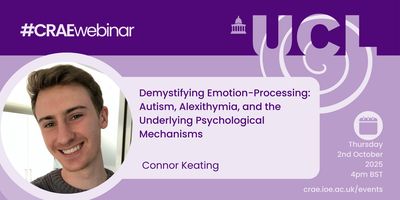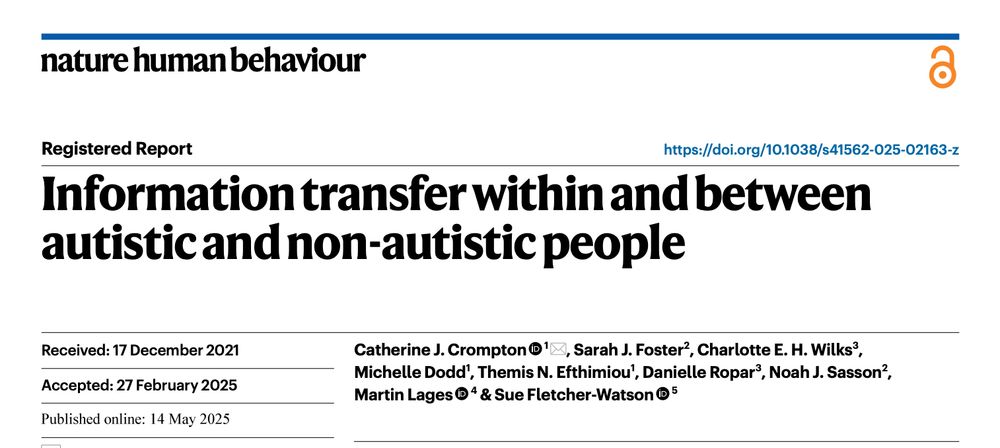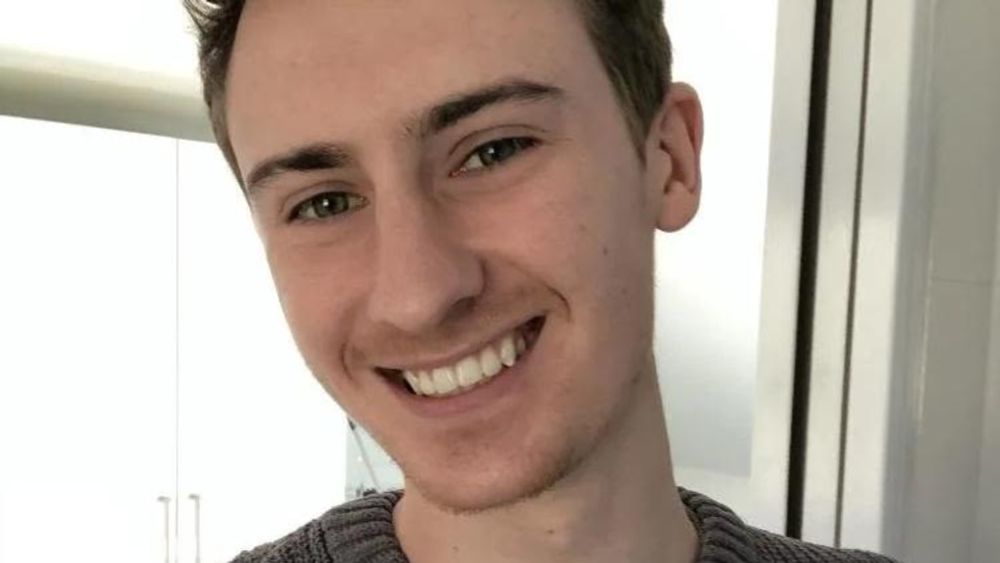Connor Keating
@connortkeating.bsky.social
870 followers
100 following
26 posts
Junior Research Fellow at the University of Oxford researching emotion, social cognition, and autism | Co-director of the U21 Autism Research Network | He/him 🏳️🌈
Posts
Media
Videos
Starter Packs
Reposted by Connor Keating
Reposted by Connor Keating
Reposted by Connor Keating
Reposted by Connor Keating
Reposted by Connor Keating
Reposted by Connor Keating
Reposted by Connor Keating











